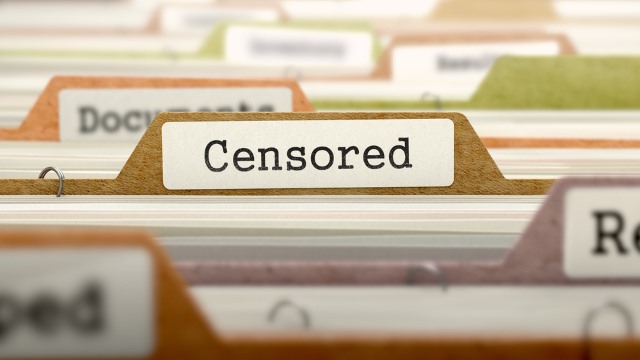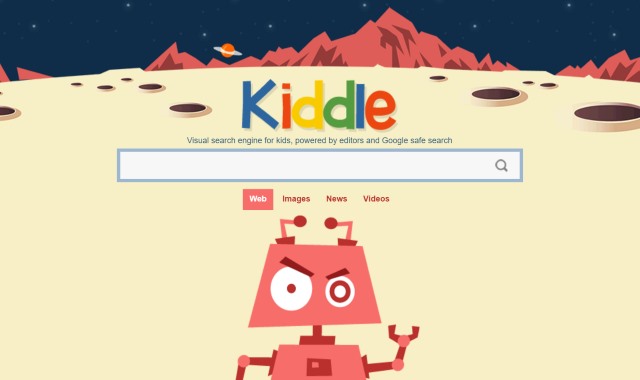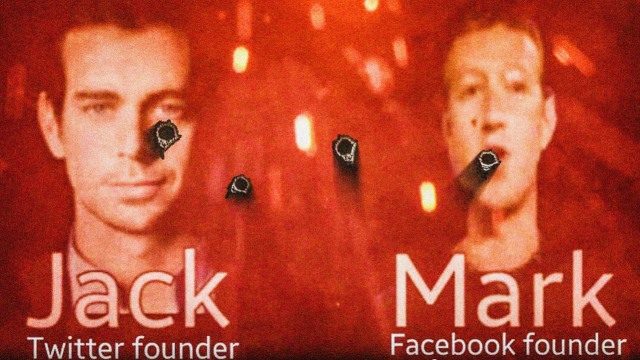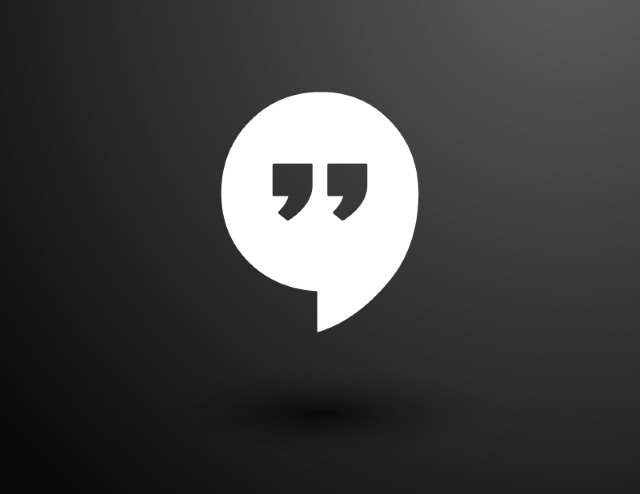
Celebrity threesome superinjunction shows disparity between law of the land and law of the web
The idea of an injunction to prevent newspapers from publishing certain stories are nothing new, far from it. But in recent years, a new breed of superinjunction has been born. These not only prevent the publishing of stories, but can also block the publishing of the names of those involved. Some superinjunctions are such that even reporting the existence of the superinjunction is prohibited.
In recent weeks, a celebrity couple took out a superinjunction to prevent the press from publishing details of an alleged affair (well, a threesome if we cut to the chase). The gagging order prevented news outlets in the UK referring to the couple as anything other than the initials PJS and YMA (not their actual initials, by the way) and the other participants in the alleged ménage à trois as AB and CD. But today a Scottish newspaper took the decision to reveal the names of the couple -- but it could only do so in its print edition, because of the way laws written for the printed press have been awkwardly applied to the web.

Apple could soon censor swearing in your music collection
As the parent of a young child I often have to give some serious thought as to what music I play in the car when she’s with me, in order to avoid accidentally exposing her to a song peppered with swear words.
This problem could soon become a thing of the past however, as Apple has patented a method of using software to automatically censor swearing in music and audio books.

Chinese censors spring into action to erase mentions of Panama Papers from the web
The Panama Papers that leaked following the Mossack Fonseca hack turned the spotlight on the rich and famous seemingly involved in money laundering and tax evasion schemes. High profile names from the world of politics appear in the papers -- including close friends of Russian President Putin and the father of UK Prime Minister David Cameron.
The leaked 11.5 million files, spanning 2.6 TB of data, include references to the relatives of at least eight current or former Chinese officials, says the International Consortium of Investigative Journalists. Chinese censors have now gone into overdrive, working overtime to eliminate all mentions of this from Chinese websites.

Fighting censorship: Edward Snowden, Amnesty International, AdBlock and Pussy Riot
Online advertising is incredibly divisive, and for World Day Against Cyber Censorship, AdBlock is opting to replace banner ads that would normally be blocked with links to Amnesty International. The human rights group is fronting an anti-cyber-censorship campaign, joined by Edward Snowden, Pussy Riot (famous for rubbing up Russia's President Putin the wrong way) and Ai Weiwei.
The aim of the campaign is to promote freedom of speech online but highlighting examples of free speech being censored -- not just in obvious places like China and North Korea, but also the United States and the United Kingdom. Government control of the internet is something that many think is restricted to limiting what journalists are able to publish online, but as the campaign highlights it's a problem that can affect anyone.

Kiddle lets children search the web 'safely', leaves the sex talk to mom and dad
Parents with younger children may well be concerned about the type of content their offspring could stumble across online. While it is possible to enable the Safe Search feature of Google, this is not 100 percent reliable, and more adult content can slip through the net. A new 'visual search engine for kids', Kiddle, launched this week to plug the gap.
Although nothing to do with Google, Kiddle apes the colorful logo of the famous search giant, and also relies on Google Safe Search for some of its results. The bulk of the first ten results returned by any search, however, are handpicked by editors to ensure they are safe for children and easy to read. There are also some automatic filters in place that prevent searches for 'bad words' and the like and, interestingly, treat searched for homosexuality and heterosexuality in completely different ways.

Google's Project Shield protects news and human rights sites from DDoS attacks
The web facilitates free speech, but it also gives groups the opportunity to try to silence those they disagree with. DDoS attacks are common way to retaliate against opposing views, and today Google is expanding Project Shield to protect sites from such attacks.
Project Shield is not a new service, but it has been limited to a group of testers since its launch a few years back. Designed to detect and eliminate "DDoS as a form of censorship" the free service is now available to everyone -- those who qualify, at least. The aim is to protect news and human rights sites to ensure uninterrupted access to news and information.

ISIS threatens Dorsey and Zuckerberg for closing terrorist Twitter and Facebook accounts
ISIS is many things including being a master manipulator of the media and an expert at utilizing social media. Facebook and Twitter have been key tools in the group's propaganda dissemination, and the social networks have reacted by closing down accounts whack-a-mole style.
Now Islamic State has released a video in response to the censorship. It depicts Facebook CEO Mark Zuckerberg, and Twitter CEO Jack Dorsey riddled with bullets as "the sons of the Caliphate army" threaten to fight back against account closures.

The tech industry's greater responsibility
Today, Internet censorship is becoming a growing concern among dozens of developing countries. In the mid-1990s, China began blocking foreign websites and saw successful results, proving to other authoritarian countries wishing to control their constituents that these types of regulations are well worth the effort. Since then, Iran, North Korea, Cuba, Azerbaijan, Syria and others have followed China’s footsteps and began implementing regulations censoring Internet activity.
This means that the people living within these countries are unable to access information from the outside world. Thus, they are fed filtered information that praises their leadership and government, and because they are not exposed to varying and contrary opinions, are susceptible to believing and accepting their government’s authoritarian policies. In western countries we often take our first amendment right for granted. We are allowed to say, write, and scream whatever we’d like about our government without the risk of being jailed or beaten. We’re allowed, even encouraged, to question policies and think differently. If only this were the case worldwide.

European Court of Human Rights says websites are not responsible for reader comments
In something of a landmark ruling, the European Court of Human Rights says that websites cannot be held liable for comments left by readers. The ruling comes after a Hungarian website was sued over the content of messages left by readers.
The court said that if websites were held responsible for comments, it would constitute a breach of the right to free expression. Even in the case of 'offensive and vulgar' comments, providing nothing unlawful was written -- such as hate speech -- Hungarian news site Index.hu, and others, could not be held responsible for readers' comments.

Twitter tackles terrorists in targeted takedown
Having previously battled trolls, Twitter has now turned its attention to terrorists and their supporters. The site has closed down more than 125,000 accounts associated with terrorism since the middle of 2015, it announced in a statement.
Although a full breakdown of figures is not provided, Twitter says most of these accounts were related to ISIS. Having increased the size of its account review team, the site has reduced the time it takes to investigate accounts that are reported, and has also started to investigate 'accounts similar to those reported'.

Google to use ads in attempt to combat jihadi terrorists
Large swathes of the internet have taken it upon themselves to try to stem the flow of ISIS propaganda and other terrorist content. People working under the Anonymous banner are perhaps the most obvious, but now Google is getting involved as well.
In an overtly political move a senior Google executive, Dr Anthony House, has revealed measures that are being trialled to try to combat extremism. As well as making it easier to discover who is looking for extremist content online, the company is also piloting a scheme that uses its AdWords system to display anti-ISIS messages.

Tech firms ready to work with US spy agencies to combat IS and online terrorism
Silicon Valley met with the US government on Friday to discuss how to tackle online terrorist propaganda from the likes of IS. At a closed-door meeting, Tim Cook and representative of Facebook, Twitter, Microsoft and other tech firms spoke with White House officials to try to find a way to combat terrorists on the web.
Joined by the likes of the NSA and FBI, the technology firms, and the Obama administration are seeking ways to stop terrorist propaganda being disseminated online. IS has already proved itself to be a masterful manipulator of the media, and has successfully used social networks such as Facebook and Twitter to get its message out.

New World Hackers take Trump offline -- but when does hacking vigilantism infringe on free speech?
My colleague Brian Fagioli has referred to the web being rather like the Wild West. I'm inclined to agree, but that's not to say that we have reached the same conclusion for the same reasons. For me, the web -- like the Wild West -- is not a world filled with danger, but one occupied by vigilantes. As a proponent of free speech, I find this concerning. One of the most highly-lauded of vigilantes is the disparate group marching under the ragged banner of Anonymous.
One of its taglines is 'We Are Anonymous', a phrase that can be uttered by anyone as there is no membership process -- if you say you are part of Anonymous, you are part of Anonymous. The group is not, for the most part, organized. Individuals and factions can fight for or against whatever cause they want, just like real-world vigilante groups. But Anonymous is not alone. There are hacking collectives and other online crusaders who see fit to take the law into their own hands. This might sound wonderful, but it's not necessarily a good thing. As New World Hackers demonstrate, attacks can target the wrong people and restrict free speech.

Please, sir, I want some porn
UK consumers of porn will have to ask their ISP to provide them with access to X-rated content. As the government continues its futile bid to sanitize the web, new customers signing up for internet access with Sky will find that an adult content filter is enabled by default.
This means that anyone wanting to view content that has been deemed 'adult' will have to contact Sky to lift the block. The decision to make the content filter opt-out rather than opt-in was taken after it transpired that a mere 3 percent of existing users had taken the step of switching it on in the first year since its introduction in 2013.

New HTTP 451 error indicates pages have been blocked or censored
It's not every day that a new HTTP error code is introduced -- there are, after all, a limit to the number that could possibly be needed -- but it may not be long before you encounter a 451 error. The code has been made a new standard by the Internet Engineering Task Force (IETF) to indicate when sites have been taken down for legal reasons.
Described as an 'HTTP Status Code to Report Legal Obstacles', it is hoped that 451 errors will introduce a new level of transparency about sites that have been killed by governments or law enforcement agencies. In some ways it is an extension of the 403 (Forbidden) error, but it provides a little more information as to why a particular site cannot be accessed.
